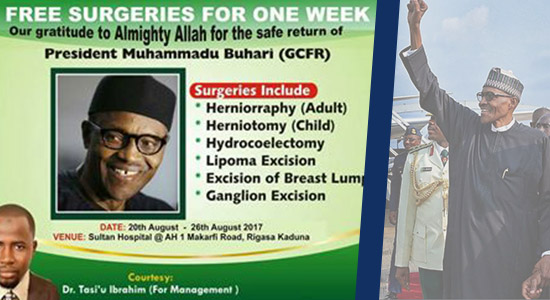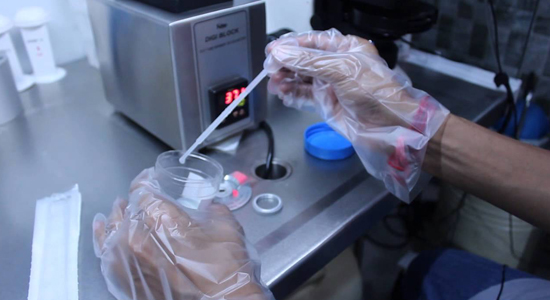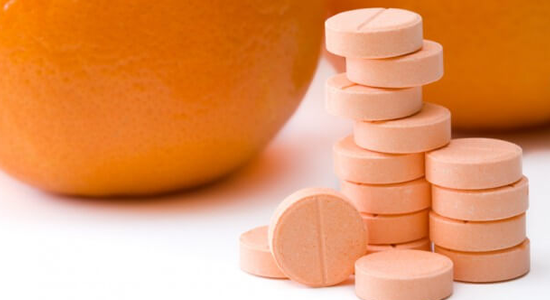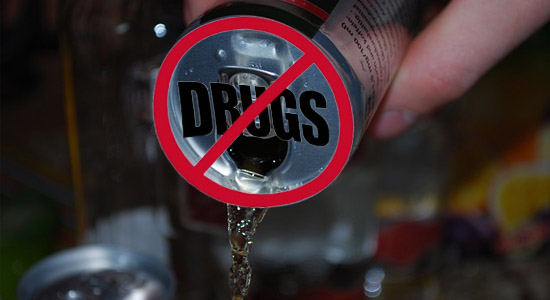Sultan Hospital Kaduna Declares Free Surgeries To Mark PMB’s Return
The Sultan Hospital, Makarfi road, Kaduna has declared a week of free surgeries beginning August 20, to celebrate the safe return of President Buhari from medical vacation in London.













